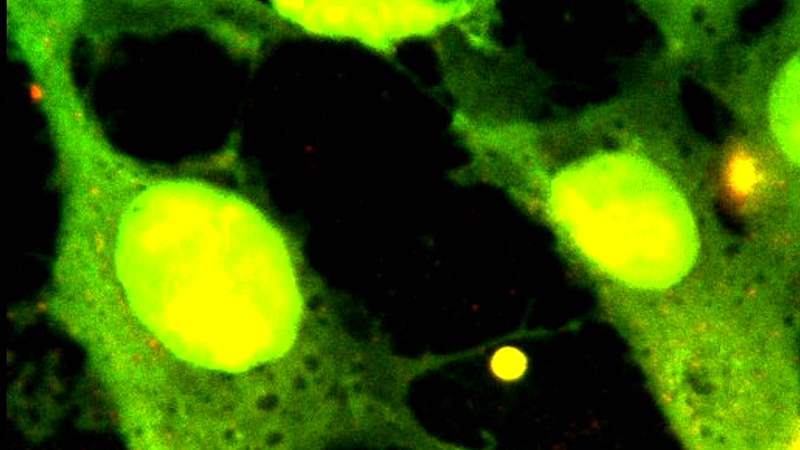

Research Highlight:
Dr. Soma Dhakal
Virginia Commonwealth University
Optical-Tweezers-Based Mechanical Manipulation Makes Novel Research Possible
This research highlight features Dr. Soma Dhakal, currently an assistant professor at Virginia Commonwealth University.
Dr. Dhakal’s research group is one of the first to conduct a mechanochemical study of DNA Holliday junctions (HJs) and the RuvA-HJ protein complex formed during homologous recombination. He discusses the group's novel use of optical-tweezers-based mechanical manipulation to detect and determine the properties of the protein-Holliday-junction complex at the single-molecule level — an investigation that would have been impossible using traditional ensemble techniques. This discussion provides unique insight into the group's recently published findings and the potential future applications of the single-molecule platform they employed.
"These optical tweezers have a very high force-distance sensitivity, basically down to sub-picoNewton force, and nanometer-level distance sensitivity. It’s really cool because we are looking at the protein-DNA interaction that is occurring at the nanometer scale."
Dr. Soma Dhakal
Virginia Commonwealth University
ABOUT THE RESEARCHER:
Soma Dhakal, Ph.D., earned a B.S. and M.S., from Tribhuvan University, a Ph.D., at Kent State University, and completed his Postdoctoral Research Fellow at the University of Michigan, Ann Arbor. In his Ph.D. and postdoctoral research, he studied the unfolding of various DNA secondary structures using optical tweezers and protein-DNA interactions as well as functional studies of single enzymes using single-molecule fluorescence microscopy.
FIELD OF STUDY:
Dr. Dhakal leads the “Single Molecule Microscopy and DNA Nanotechnology Lab” at the Virginia Commonwealth University. His research aims to improve our understanding of the mechanisms behind the Holliday junction, particularly protein-DNA interactions and the forces associated with unfolding events, and has uncovered invaluable insights into RuvA– Holliday-junction interactions.
LEARN MORE ABOUT THIS RESEARCH:
